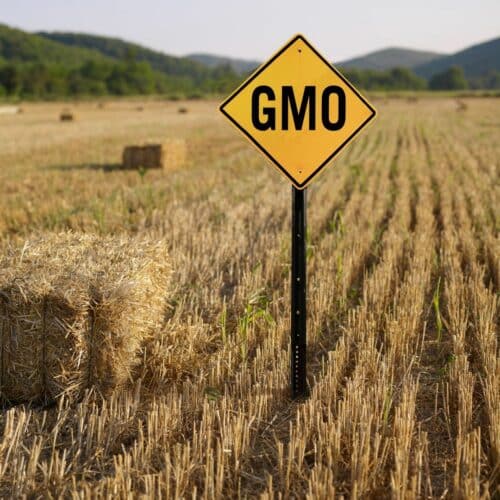We get asked about soy every single day, and we are always happy to answer your questions and guide you in the right direction by sharing evidence. While we love getting into the nitty-gritty details and talking about the results of scientific research on soy and human health, we know not all of you want to get that granular.
Whether you are just starting on your dairy-free journey and want reassurance that you can keep enjoying those daily soy lattes, or you’re looking for one convenient resource to send to your naysayer friends and family, this page is the perfect summary of all things soy.
Hopefully this leaves you feeling confident that soy can be incorporated into your regular diet to improve your health. There are so many delicious ways to enjoy soy, whether that’s milk, tofu, tempeh, miso, edamame, or many others, plus there are countless ways to prepare it. Check out some of our favorite recipes to incorporate soy and other dairy-free products into a healthy diet.
Still confused about soy? Send us an email at [email protected] and we’ll be happy to chat more and answer your questions.

















